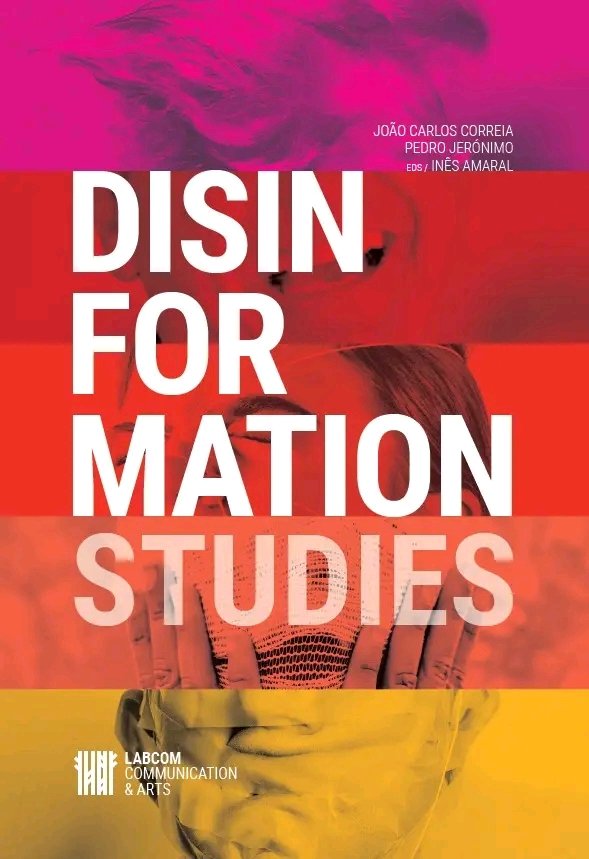In the last month, SCAM team members have had two major pieces of work published that are direct products of the research project. First, several team members authored a book chapter in the volume Disinformation Studies: Perspectives from an Emerging Field.
This chapter, entitled “Technologies and fact-checking: a sociotechnical mapping”, aims to systematically assess and analyze “the sociotechnical infrastructures currently available to and potentially used in fact-checking, in the form of digital technologies associated with fact-checking” (19). The work shared in this chapter is also informing a new collaboration between European researchers and fact checkers to create an accessible database of tools.
Second, team members have also recently published a peer-reviewed article in Journalism Studies, entitled “Journalism and Source Criticism: Revised Approaches to Assessing Truth-Claims“. This article advances a key concept at the heart of the SCAM project, source criticism, as a way to “better approach to bridge the gap between news and truth in journalism in a time of “information disorder” (1). This article also argues for more attention to paid to the concept of digital source criticism (one aim of the SCAM project), given “the constant and rapid evolution of digital technologies and information networks” and connected journalistic contexts (16).
